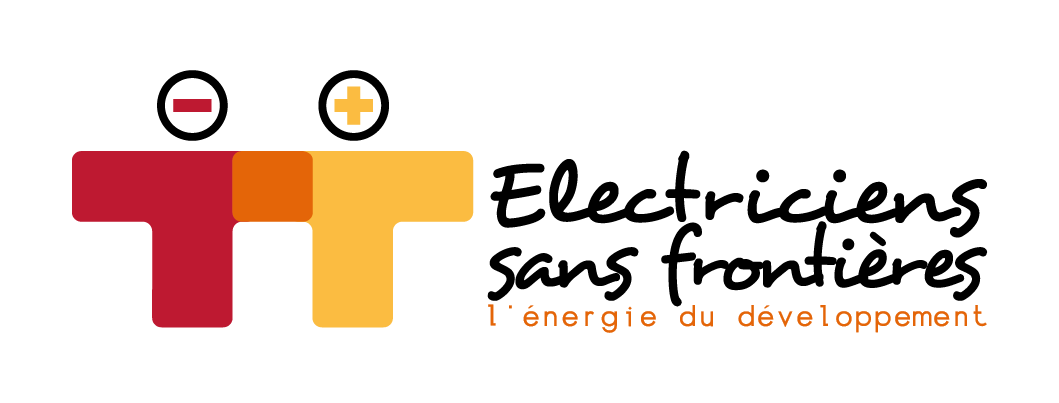Electriciens sans frontières was contacted by Friendship, an NGO whose mission has been to develop and support humanitarian aid and development programmes in Bangladesh since 1994. Friendship France representatives told us about the state of the camps, particularly with regard to the safety of women and children. These needs were confirmed during a visit by an Electriciens sans frontières expert volunteer in February 2018.
- Lighting is vital to safety, especially on trips to wells and latrines. The absence of any lighting from 6 p.m. (sunset) poses a serious threat to the safety of the populations, especially of women and children (abuses have already been reported).
- Electrical power is almost non-existent. Very few families have photovoltaic equipment and have organized themselves to share with their neighbours so that two or three huts have access to some lighting at night time.
The project was designed in three phases:
- Phase 1: Training and skills development of two apprentice trainers employed by Friendship and undertaken by Schneider Electric, an Electriciens sans frontières’ partner.
- Phase 2: Theoretical and practical training and skills development of 20 Bangladeshi and Rohingya apprentices in the camps.
- Phase 3: Training and practical application, allowing the electrification of 50 sensitive areas (latrines and wells) identified by Friendship, and the distribution of more than 1,000 lights to families.
The project benefits all Rohingya populations in the Ghumdhum and Balukhali camps (made up of more than 70% women).
This project will allow the Bangladeshi apprentices to develop their skills. The demand for photovoltaic skills is high and there are job opportunities in the NGO sector. Regarding Rohingya apprentices, the Bangladeshi government has not yet authorized the employment of Rohingyas. Nevertheless, a ‘cash for work’ mechanism, established by the IOM, in agreement with the government authorities, allows refugees to be compensated over a short period in the context of certain projects. They can therefore be paid and, above all, acquire skills enabling them to be participants in improving their living conditions and being able to maintain the equipment installed themselves, without future intervention by humanitarian aid organisations.
